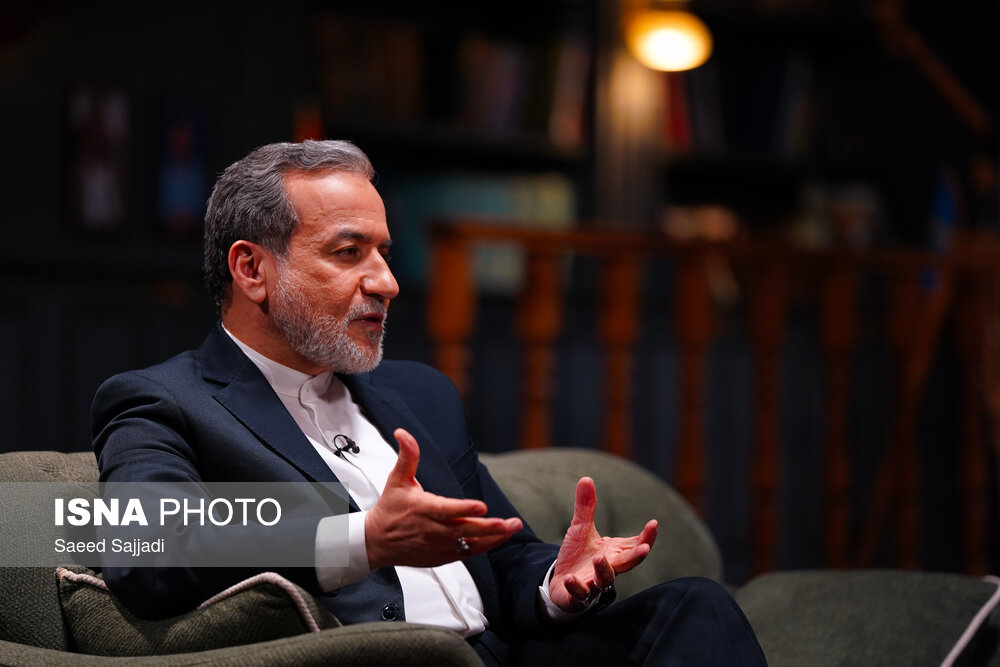Araghchi made the remarks on Sunday following the fall of the Syrian government after militant groups led by Hayat Tahrir al-Sham (HTS) stormed the capital Damascus.
The minister said that during his recent meeting, he found President Bashar al-Assad surprised and complaining about the state of his army.
The Iranian foreign minister added that the main responsibility to protect the country was of the Syrian army, and Iran did not consider itself a duty in this regard.
“The Syrian government did not expect this from us either, because this issue was related to the internal matters of Syria, the government’s relationship with the opposition groups and the people of the country.”
“In this regard, Iran could only provide guidance and advice,” he continued.
“I remember that one of our serious recommendations to the Syrian government has always been to have dialogue and interaction with opposition groups and try to resolve issues peacefully without harming the people,” the top Iranian diplomat stated.
“The formation of the Astana process has largely been in this direction. As you know, Iran, Russia and Turkey created an ‘Astana’ negotiation process,” he added.
“The purpose of this process was to provide a basis for these three countries, which are somehow involved in the internal developments of Syria, to help reforms and achieve political solutions,” he said.
“The last meeting of this process was held yesterday, which was the continuation of the same path and goals,” Araghchi stressed.
“The Astana process was trying to help reduce tensions and promote internal reforms in Syria through the cooperation of these three countries,” he noted.
Iran’s foreign minister said the developments in Syria will not weaken the Lebanese resistance movement Hezbollah.
Araghchi added Hezbollah’s current munitions, equipment and facilities are enough for its resistance over the next one or two years.
The top diplomat stated Syria has been one of the important members of the axis of the resistance and played a significant role in confronting Israel and supporting Palestinians.
Araghchi noted that Iran is closely monitoring the developments and its approach will depend on the policy militant groups in the Arab country adopt toward the Islamic Republic.
On Saturday, Araghchi met with the foreign ministers of Russia and Turkey in the Qatari capital of Doha.
The top diplomats of the three guarantor states of the Astana peace process discussed the developments in Syria following the resurgence of militancy in the Arab country.
Araghchi called for a “political dialogue” between the Syrian government and militant groups.
He noted the “most important” issue agreed by the parties was that “political dialogue between the Syrian government and the legitimate opposition groups” should begin.
However, on Sunday, militants seized control of the capital Damascus. President Assad resigned and issued instructions for a peaceful transition of power.
Abu Mohammad al-Jolani, the HTS commander, said Sunday that Syrian state institutions would be supervised by Jalali until a transition of power takes place.
The HTS said it would work with the prime minister and called on Syrian armed forces in Damascus to stay away from public institutions.
In a statement earlier, Russia’s Foreign Ministry announced President Assad had resigned and left Syria, but it did not provide details on where he had gone.
However, later in the day, Russian media reported that Assad arrived in Moscow along with his family.
Citing a source in the Kremlin, several Russian media outlets reported that the Russian government has granted Assad and his family asylum.
Assad’s departure came after armed militants swept through the country in an offensive that saw them first capture Aleppo in the northwest and then advance south towards the key cities of Hama and Homs before storming into Damascus.
Assad’s exit raises concerns about who will lead Syria, a country that has grappled with years of foreign-backed militancy with rival factions vying for control over different areas of the country.
